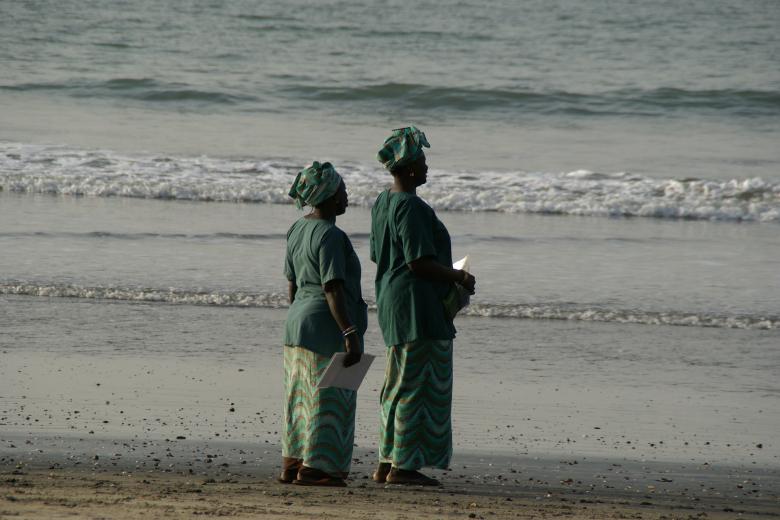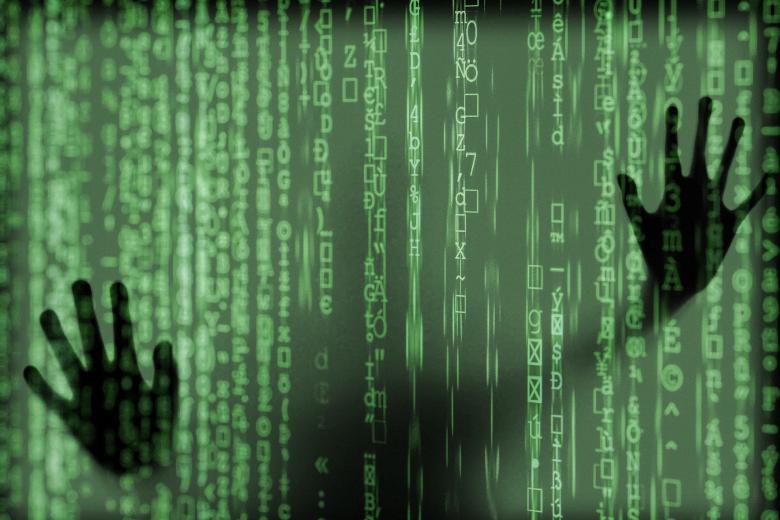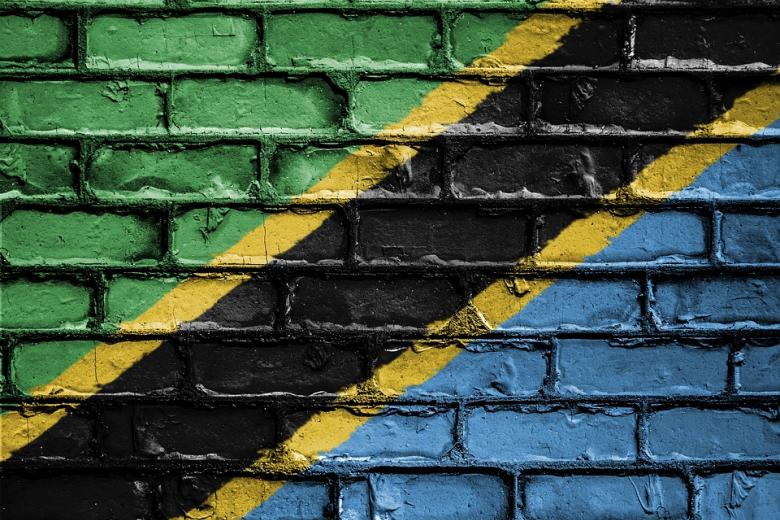How do the Dutch deal with their colonial past?
The debate on the implications of Dutch colonial rule in Indonesia recently intensified after a report concluded that the Dutch forces had used extreme violence. Reactions to the report reveal that the issue remains controversial and challenging to discuss. The findings in the report do however raise many legal questions that so far have remained unaddressed. There is thus an important role for legal scholars to move the discussion forward.
Beyond the Pale
In many societies, the consequences of colonialism are subject to a broad social debate. In the Netherlands, the discussion on the implications of Dutch colonial rule in Indonesia recently intensified after the publication of the research report Beyond the Pale on the so-called decolonization war of 1945-1949. The team of researchers concluded that during the war against the Republic of Indonesia, Dutch military forces had engaged in large-scale gross human rights violations. Moreover, the Dutch government and military leadership at the time deliberately tolerated such wide spread and extreme violence.
The reactions to the report were strongly divided. There were those who hailed the report as an important acknowledgement of the crimes committed. Following the publication of the report, the Dutch government also apologized for the extreme violence. Others, however, criticized the report for being a one-sided representation of the events in which Dutch veterans were presented as war criminals while there was too little attention to the victims of Indonesian violence. The reactions show that the issue is highly controversial triggering intense debate.
Moving the discussion forward
A conference recently organized by the Bridge to the Future Foundation discussed how to deal with this dark colonial past. Among the invited speakers was cultural historian and writer David Van Reybrouck who wrote Revolusi, a book hailed by many as a masterful and monumental study of Indonesia’s struggle for independence. Van Reybrouck noted that with the publication of the aforementioned report on the extreme violence during the decolonization war, the Dutch have made an important step in starting to acknowledge and discuss this gruesome colonial history. However, in coming to terms with what happened, Van Reybrouck warned for what he termed the ‘Nazification of colonial history’. There is the danger of overgeneralization and discussions that can quickly polarize. Nuance and complexity are lost with regard to the fact that individuals played many different roles for many different reasons. It is important to keep thinking critically in ‘shades of grey’, as Van Reybrouck suggested.
According to Van Reybrouck, we should also be mindful of the limitations of our current gaze. There is a tendency to focus on those most closely involved in the violence, but this distracts us from looking up the chain of command to those who are responsible for the policies that called for and justified the violence. Moreover, the focus now lies too much on the period ’45 - ‘49 while the discussion should concern the entire colonial history. This history goes back hundreds of years – repression and violence started long before 1945. In addition to zooming out in time, Van Reybrouck calls for zooming out geographically as well, and situate Dutch colonial rule in a broader European context, because colonialism not only concerned the Netherlands. It was a broader European development.
Keeping the momentum
If we want to move the discussion forward, we indeed need to take the critical aspects mentioned by Van Reybrouck into account. However, transitional justice research shows us that keeping the momentum in such a discussion is challenging. Jung, for instance concludes that the momentum to discuss historical colonial crimes often wanes because once the truth has been unearthed and apologies have followed, authorities and communities tend to think ‘ok, we know what happened, the truth is out, we said sorry, let’s move on’. Jung however notes, that for those affected, the victims, investigations and apologies are not ‘walls’, but ‘bridges’ that provide opportunities to draw connections between the past, the present and the future.
Making these connections and reflecting on the implications that follow from a violent history, however, turns out to be an even greater challenge. The facts mentioned in the report about the violence used during the decolonization war have consequences and raise questions about intergenerational harm, political responsibility for reparations and criminal accountability for the violence committed. Experience, with how other societies have dealt with historical wrongs, has taught us that too often communities shy away from addressing such questions because of the potentially far reaching consequences. In his phenomenal book States of Denial, Cohen shows how governments and communities can acknowledge the facts, but subsequently skillfully deny the social, political and legal implications that follow from them.
Legal implications
Keeping the momentum requires us to address the implications that follow from Dutch colonial rule in Indonesia, including the issue of accountability for the extreme violence perpetrated during the war of independence. Currently, historians dominate the field. But the historical facts raise many legal questions regarding for instance the applicable law, whether criminal responsibility exists and if so for whom. So far, these questions have remained unaddressed and there is thus an important role for legal scholars in keeping the momentum and to move the discussion forward.
| More blogs on Law Blogs Maastricht |
C.A.R. Moerland
Roland Moerland is Associate Professor of Criminology and Law at Maastricht University. He is the director of the Forensics Criminology and Law Master Program.

-
A genocide case on Human Rights Day: the Gambia v Myanmar before the International Court of Justice
Today, on Human Rights Day, the Peace Palace in The Hague will be the venue of the somewhat ironic spectacle of a Nobel Peace Prize laureate and global icon of human rights leading her country’s defence against allegations of genocide, the most serious violation of human rights possible.

-
Looking beyond legal traditions towards practical effective legal assistance
National laws or ‘legal traditions’ are not the main obstacle to realising the ideal of ‘effective legal assistance’ embedded in the EU procedural rights’ Directives. The resistance to realising this ideal originates mainly from the professional cultures of relevant actors, including criminal...

-
The perjury predicament at international criminal trials
The review hearing of Augustin Ngirabatware only lasted from 16th – 24th September 2019, yet those 7 days were enough to create shockwaves in this little town in the north-east of Tanzania.
